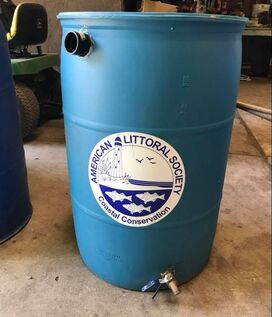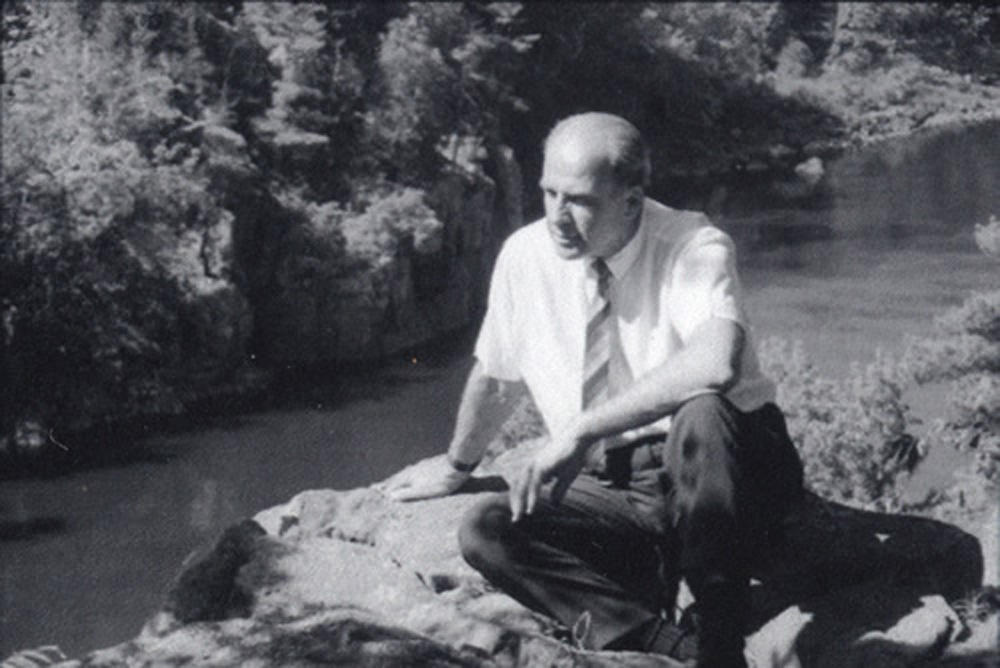 The American Littoral Society is known for connecting people to the coast. For literally (littorally?) decades, much of our work has focused on wet feet and sandy hands. We love nothing better than sharing our passion, knowledge and concern for marine and coastal wildlife and their habitats with others standing on the beach, in the marsh, on the boardwalk. Those connections have been central to our efforts and successes in protecting coastal wildlife, securing clean water, and shaping better approaches to living with the shore. Like the rest of the country, we have been sheltering at home since March in response to the Covid-19 pandemic. This presented a new challenge – how to carry forward our mission of coastal conservation while quarantined, separated and unable to get our feet wet.  With spring well underway and many people having extra time on their hands this year to do some backyard gardening, this is the perfect opportunity to talk about a staple in the environmentalist’s home toolbox: the rain barrel. In a nutshell, rain barrels capture the stormwater that falls on your roof by hooking into your gutter's downspout. This has two main benefits, both of which are connected to each other - reducing the amount of water going into streams and helping you cut back on water consumption. Most rain barrels can hold about 55 gallons of water. That's water that often would have otherwise flowed down your driveway and into a stormdrain or, potentially, into your basement. (If set up properly, a rain barrel can be used to keep water away from your foundation by attaching a hose that leads away from the house to the overflow hole.) The storm sewer system will carry the runoff to a nearby freshwater stream, which will dump it out into a bay or the ocean. Because of all of the impervious surfaces humans have built over the years, including the roofs of buildings, the hydrology of streams has changed dramatically. This is a hard Earth Day. Many of us are separated from each other, and sometimes limited in our ability to get out into the environment to celebrate. It is also a momentous Earth day because it marks 50 years since Democratic Sen. Gaylord Nelson and Republican Congressman Pete McCloskey decided to organize a day of teach-ins at school campuses across the United States to promote consciousness about air and water pollution.
Hopefully, the somewhat slower pace imposed on us by the Covid-19 crisis provides us with some time to reflect on how far we’ve come in our efforts to protect the planet in the five decades since that first Earth Day, as well as what challenges lay ahead. The Covid-19 crisis has affected the American Littoral Society's ability to provide in person educational and volunteer opportunities, which has disrupted our ability to reach supporters to drive donations.
To help offset these losses, the Society will be participating in #GivingTuesdayNow, a new global day of giving and unity that will take place on May 5, 2020. Save the Date and get ready to help spread the word about coastal conservation! |
Archives
July 2024
Categories
All
|



